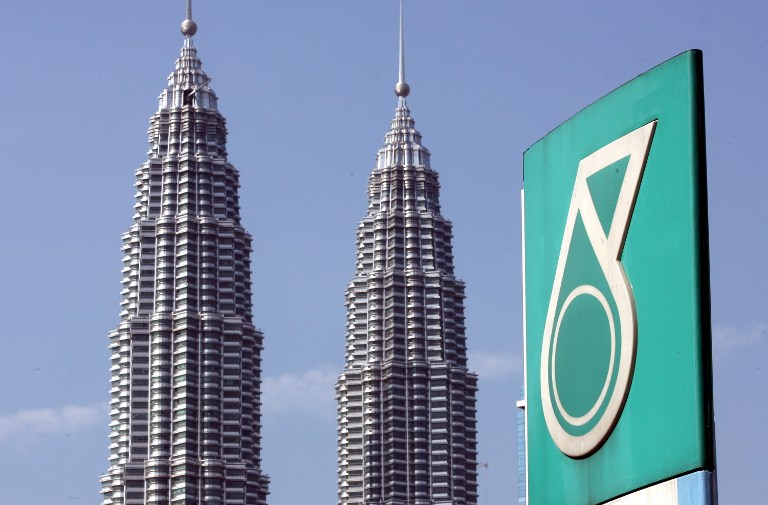KUCHING, June 10 — The Sarawak State Assembly Consultative Committee on Malaysia Agreement 1963 today formed a team to negotiate with Petroliam Nasional Berhad (Petronas) to negotiate payment for sales tax on petroleum products in Sarawak.
The committee chairman Datuk Amar Asfia Awang Nasar said the team will be led by PBB vice president and Tourism, Arts and Culture Minister Datuk Karim Rahman Hamzah.
He said other members of the team are State Assembly Deputy Speaker Datuk Gerawat Gala, Muara Tuang State Assemblyman Datuk Idris Buang, Pujut State Assemblyman and SUPP secretary-general Datuk Sebastian Ting and Batu Lintang State Assemblyman See Chee How.
“The state government is still waiting for Petronas to pay the sales tax,” Asfia, who is the Sarawak State Assembly Speaker, told reporters after chairing the consultative committee meeting.
He said the exact amount to be paid has yet to be finalised.
“But according to the calculations by (former Second Minister of finance) Datuk Seri Wong Soon Koh, the total payment is about RM2.878 billion that Petronas will have to pay Sarawak for the 2018/2019 period,” he said.
He said the RM2.878 billion does not include penalties and interest for late payment.
Wong, who resigned as the second minister of finance last year, is a member of the consultative committee.
Asfia said the negotiation with the federal government over oil and gas resources, sales tax and Petroleum Development Act, Continental Shelf Act and Territorial Sea Act have proven to be protracted and arduous.
Asfia also clarified that a joint media statement signed by Sarawak Assistant Minister for Law, State-Federal Relations and Project Monitoring Datuk Sharifah Hasidah Sayeed Aman Ghazali and Petronas president on May 8 is not a formal agreement that has binding effect.
“It is not a formal agreement, but a statement of intent on an on-going negotiation between the state government and Petronas,” he said.
He said Hasidah, being one of the 18 assistant ministers, have no legal standing to bind the state government.
“Such powers and authorities are the exclusive preserve of the higher up of the echelons of the state hierarchy,” he said.



















